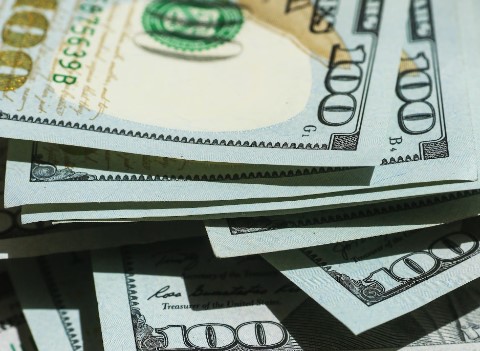Economic power refers to the strength that comes from wealth, valuable resources, unique technologies, or monopolistic advantages. In simple terms, it’s the ability of a person, company, or nation to control and improve their financial situation and well-being. When a country has economic power, it can raise the quality of life for its people.
A key part of economic power is purchasing power. This is how much a nation’s people can buy with their money. For instance, the U.S. stands as a leading example of a country with strong economic power. It boasts rich natural resources, advanced technology, and a skilled workforce. These factors lead to higher incomes for many Americans, allowing them to buy more and live better.
Table of Contents
Components of economic power
The main components of economic power are:
1. Natural resources: These are the gifts of nature. Oil, minerals, and agriculture are prime examples. Countries rich in these resources have a foundational advantage. They can sell these resources or use them to boost their industries;
2. Industrial and technological capacity: This refers to a nation’s ability to produce goods and innovate. Manufacturing is about making products. Infrastructure is the backbone—roads, bridges, and internet networks. And innovation? It’s the new ideas and technologies that push a country forward;
3. Financial assets: Money and how it’s managed play a big role. Foreign reserves are the funds a country has stored up. Stock markets show the health of a nation’s companies. Investments, both within the country and abroad, help grow wealth;
4. Human capital: People are a country’s greatest asset. A skilled workforce can produce more and better products. An effective education system trains the next generation. And when more people participate in the workforce, the economy grows stronger;
5. Trade relations and agreements: Trade is about buying and selling with other countries. Export-import balances tell us if a country sells more than it buys or vice versa. Free trade zones are areas where goods can be traded without taxes or limits. Economic blocs are groups of countries that trade under special rules.
The dynamics of economic power
The major dynamics of economic power are:
1. The rise and fall of nations: Throughout history, countries have seen their fortunes change in the global economic order. Factors such as innovation, governance, strategic alliances, and global events can propel a nation to the top or cause its decline. For instance, the Industrial Revolution marked a significant shift in the economic power of nations in the 18th and 19th centuries;
2. Interplay of economic power with other powers:
- Military power: While economic strength can fund robust defense and military capabilities, a strong military can also safeguard a nation’s economic interests and trade routes;
- Political power: A stable and effective political system can attract foreign investments and foster domestic growth. Conversely, economic prosperity can bolster a country’s political influence on the global stage;
- Cultural power: Cultural exports, like movies, music, and art, can have economic benefits. But they also shape perceptions, making trade and diplomacy smoother between culturally influential countries and others.
3. The Soft Power Paradigm: Coined by Joseph Nye, “soft power” is the ability of a country to persuade others without force or coercion. It’s about attraction. A country’s culture, political ideals, and policies can make it appealing. In the economic world, soft power plays a significant role. Brands that are loved globally or policies that are seen as fair can influence trade partnerships, attract foreign investments, and foster international collaborations.
The future of economic power and challenges of today
The following are the challenges of economic power today:
1. Shift to a multipolar world
Historically, the West, especially the U.S. and Western Europe, has dominated the global economic narrative. However, the rise of nations like China, India, and Brazil signifies a shift towards a more balanced, multipolar economic landscape. This change promises a more diverse and competitive global economy, where multiple centers of power coexist and collaborate.
2. Digital transformation and decentralization
- Digital Currencies: The rise of cryptocurrencies like Bitcoin and Ethereum presents a challenge to traditional monetary systems. These digital currencies can bypass national boundaries and regulations, reshaping trade and investment dynamics;
- Blockchain: Beyond just supporting cryptocurrencies, blockchain technology offers transparency and security. It has the potential to revolutionize sectors like supply chain, finance, and real estate, distributing economic power more widely;
- Decentralization: These digital tools could lead to a more decentralized economic structure. Instead of a few major players or institutions holding sway, power might be distributed more evenly among a wider array of participants.
3. Emerging markets taking center stage
Countries in Africa, Southeast Asia, and Latin America are becoming pivotal players in the global economy. Their youthful populations, growing middle classes, and untapped resources make them hotspots for investment and innovation.
As these markets grow and mature, they won’t just be following the paths of previous economic giants. They’ll be carving out their own routes, bringing unique perspectives, challenges, and opportunities to the global stage.
Read also: Will BRICS emerging countries wage (economic) war on the West?












